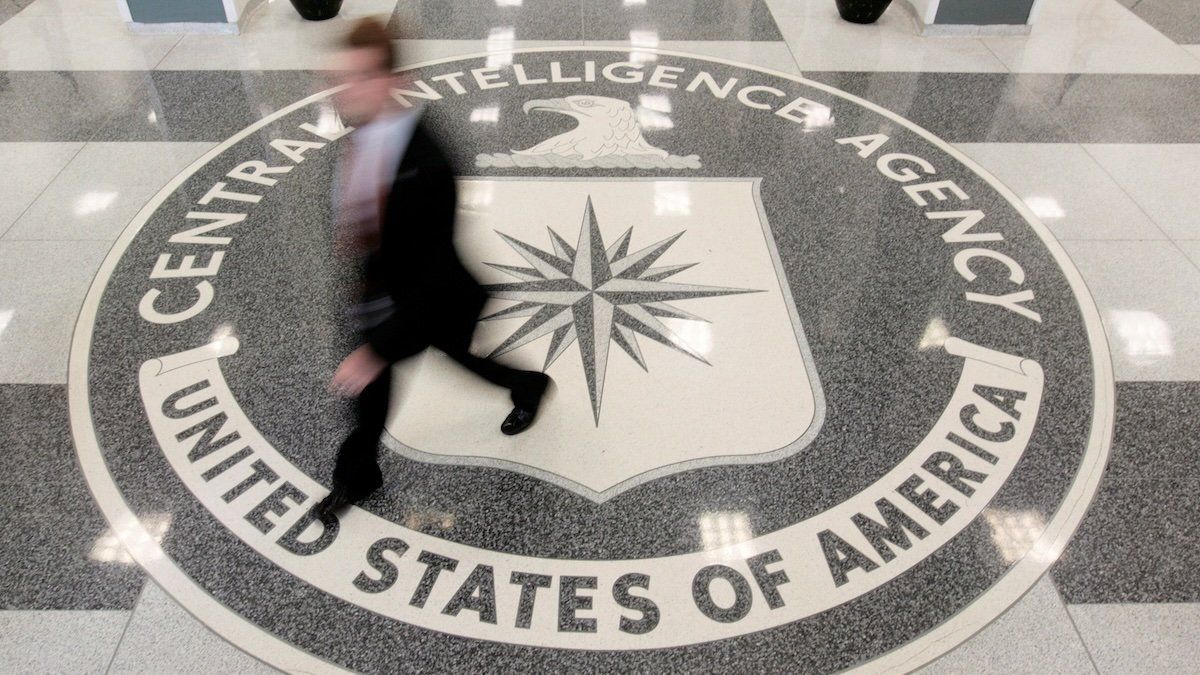Hard Numbers: CIA keeps mum about sexual assaults, Oil prices fall, Europe cuts rates, Korea goes (back to) nuclear
648: How rampant is sexual misconduct at the CIA? The agency has produced a 648-page report detailing the problem, in the wake of an Associated Press inquiry that found accusations from dozens of women, as well as a number of ongoing trials and investigations of CIA officers accused of sex crimes. What’s in the report? Well, for now, that’s classified.
10: Oil prices are falling fast, as producers keep pumping even as demand slows on concerns over economic slowdowns in the US and China, the world’s two largest economies. Over the past two weeks, prices for Brent crude, a benchmark barrel, have plunged by more than $10, falling below $70 for the first time in three years.
3.5: Speaking of concerns about an economic slowdown, the European Central Bank, which runs monetary policy for countries that use the euro, cut interest rates by a quarter of a point to 3.5% on Thursday. The decision to cut was unanimous, as inflation continued to fall, the regulator said, but “economic activity is still subdued.”
2: Korea has officially commissioned two new nuclear reactors to boost non-fossil power generation. The move reverses a 2017 decision by a previous government to move away from atomic energy because of safety concerns. Korea’s renewed focus on nuclear power echoes a broader global trend as more countries revisit the power of the atom to increase capacity while reducing emissions.
